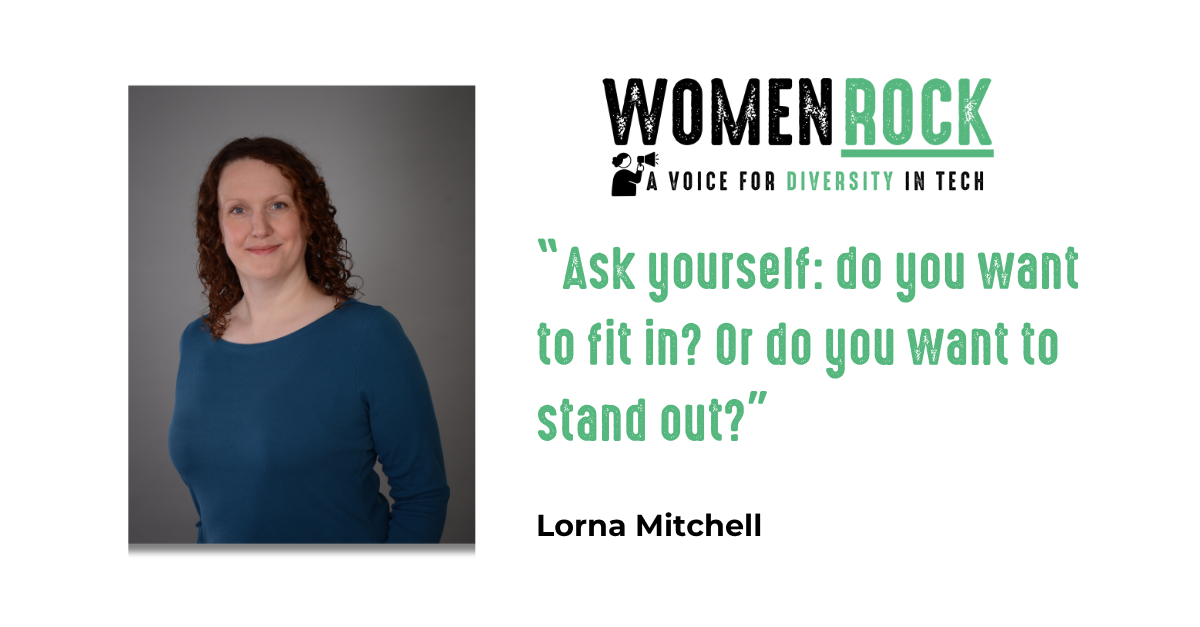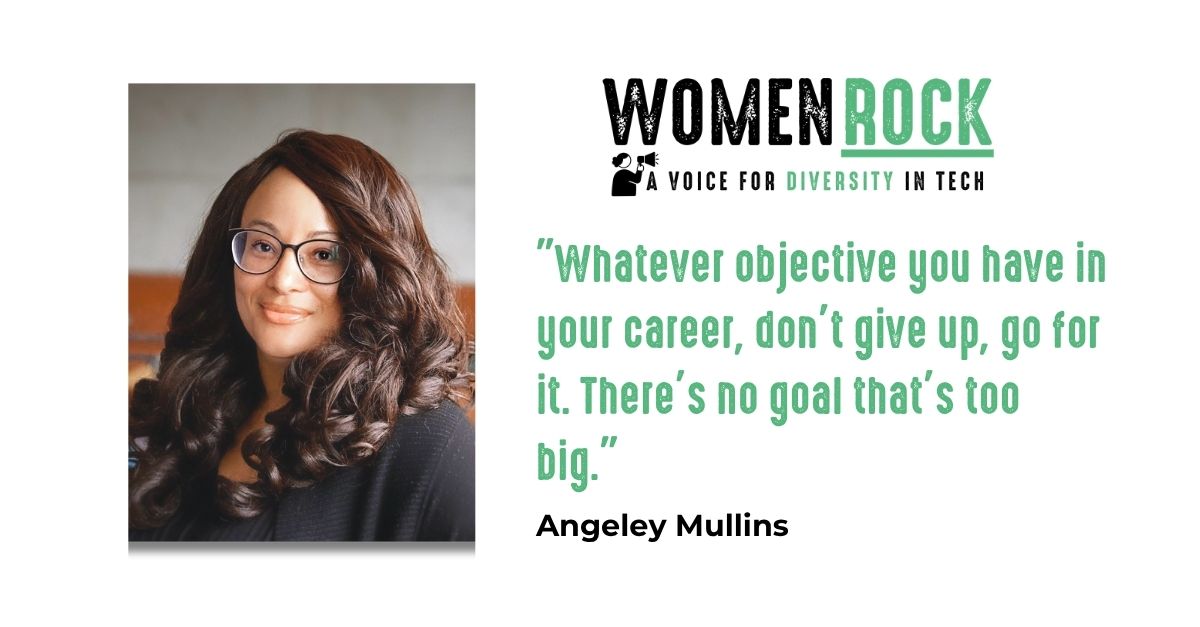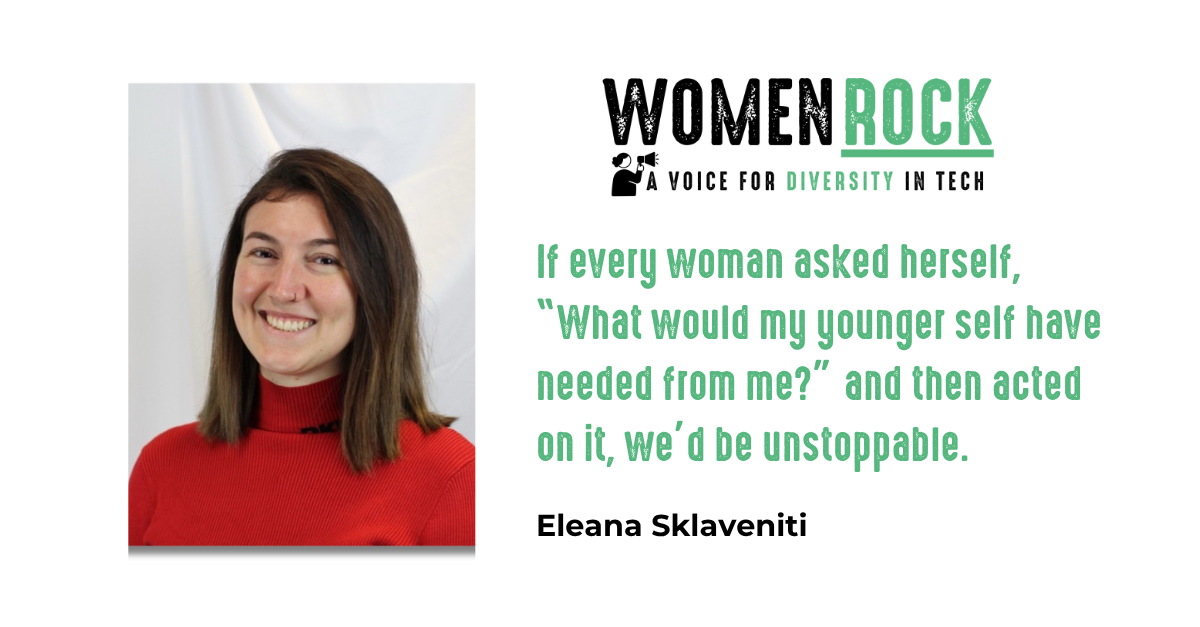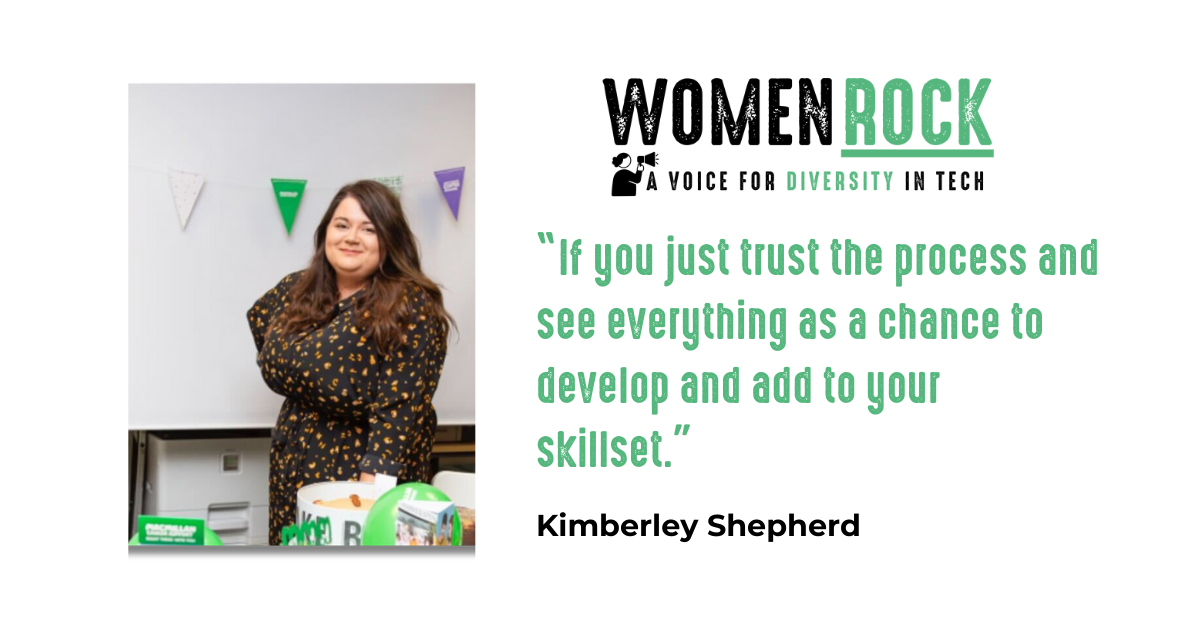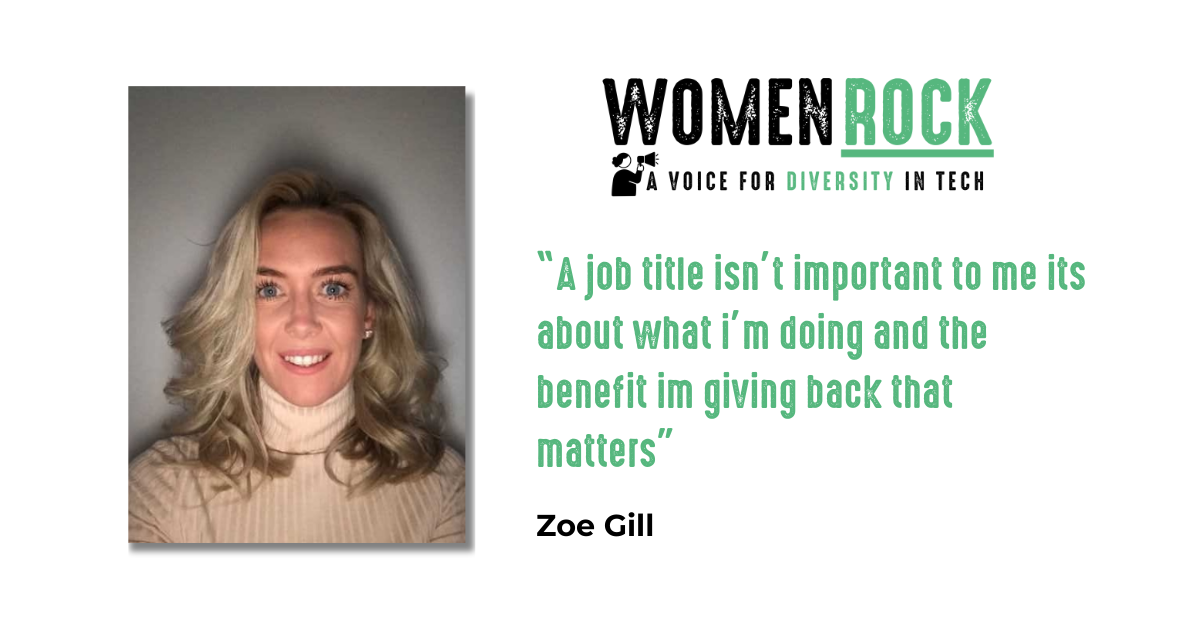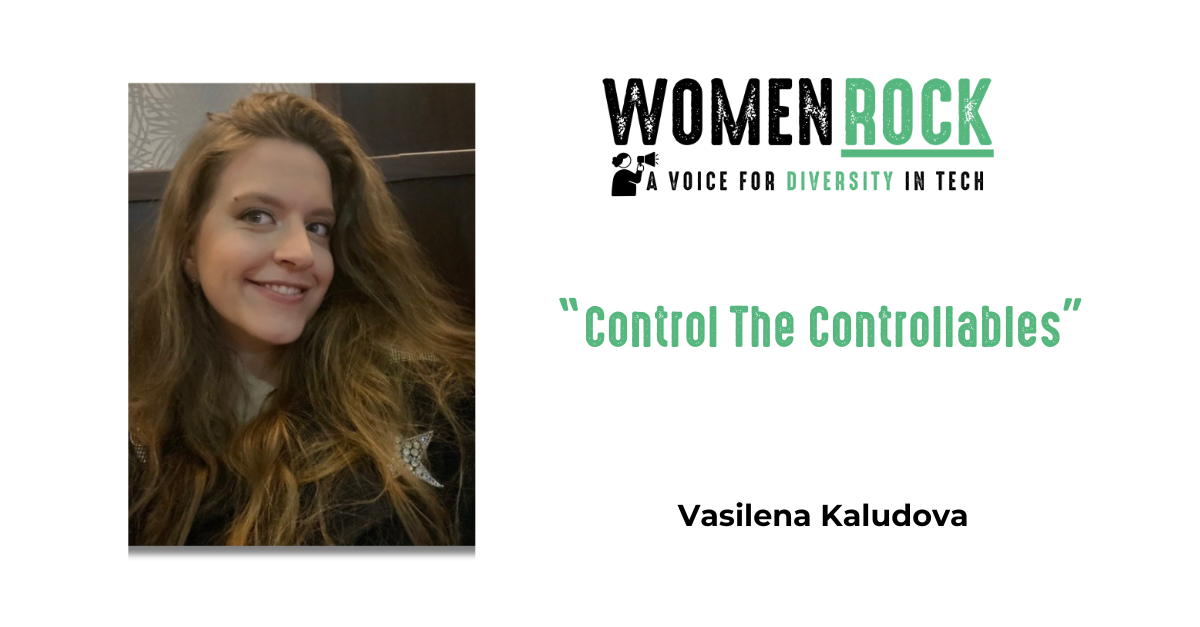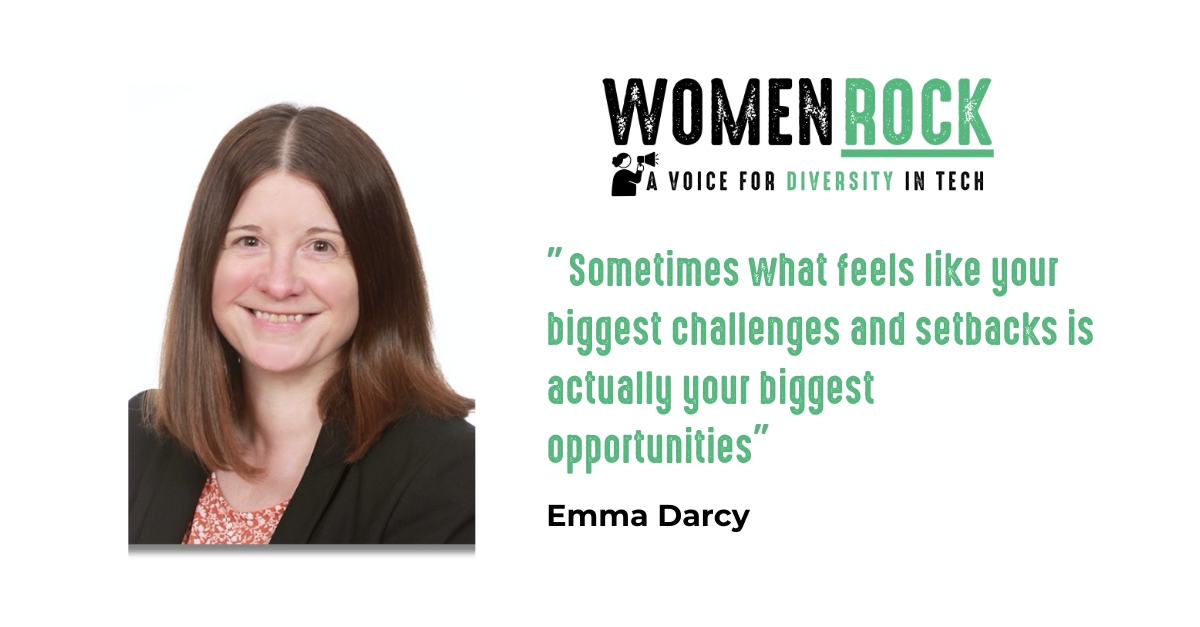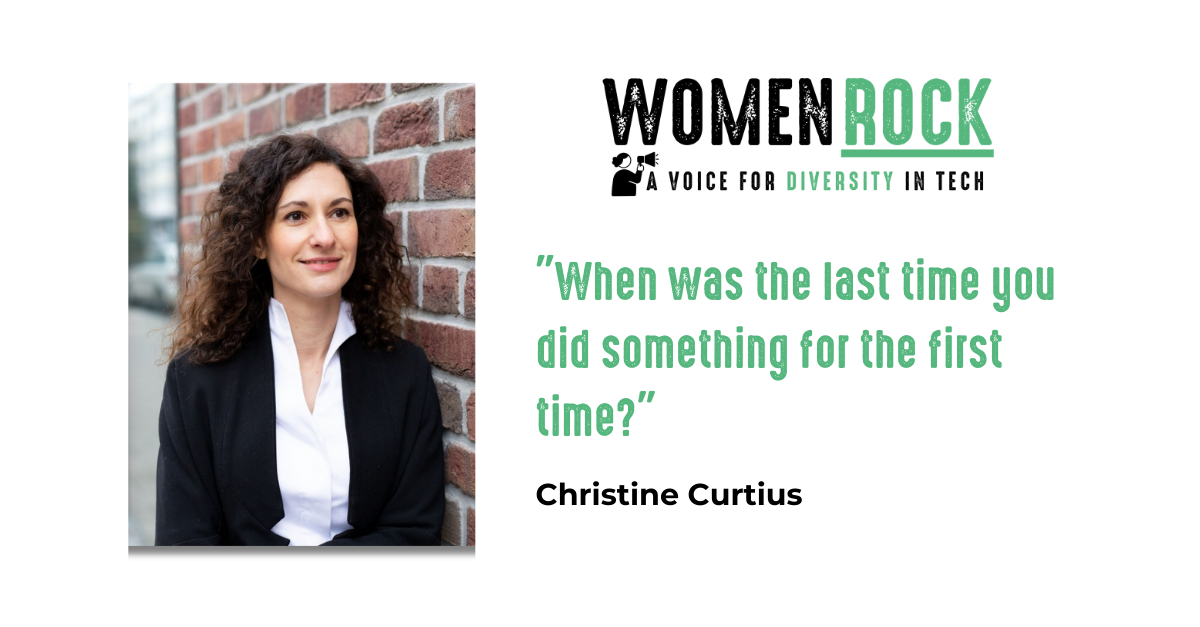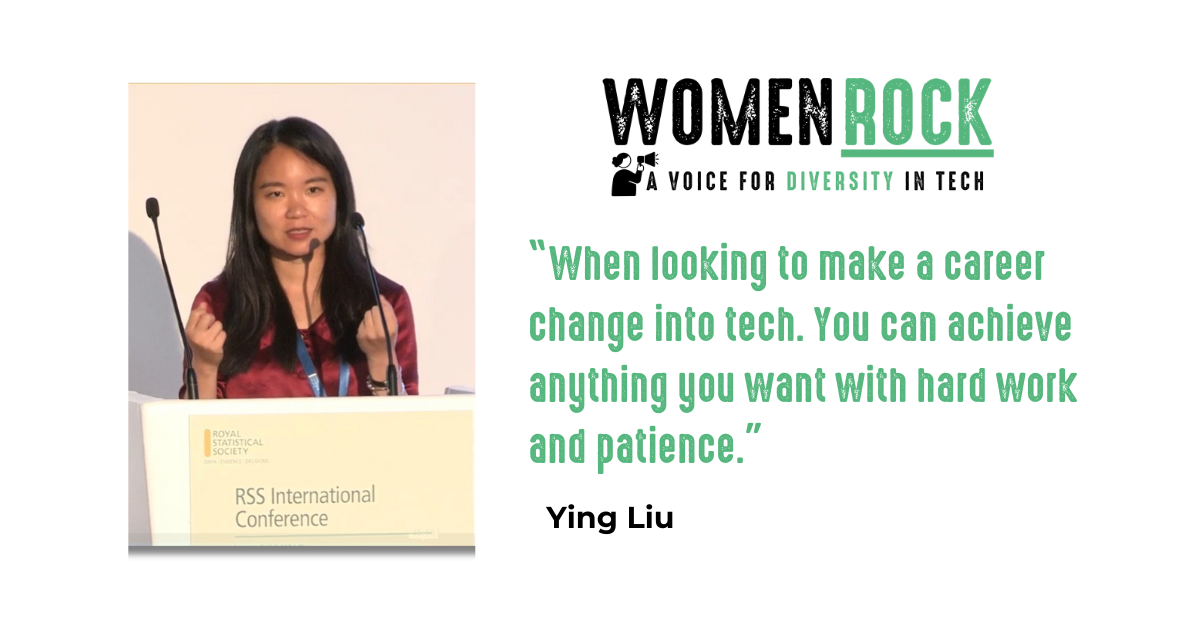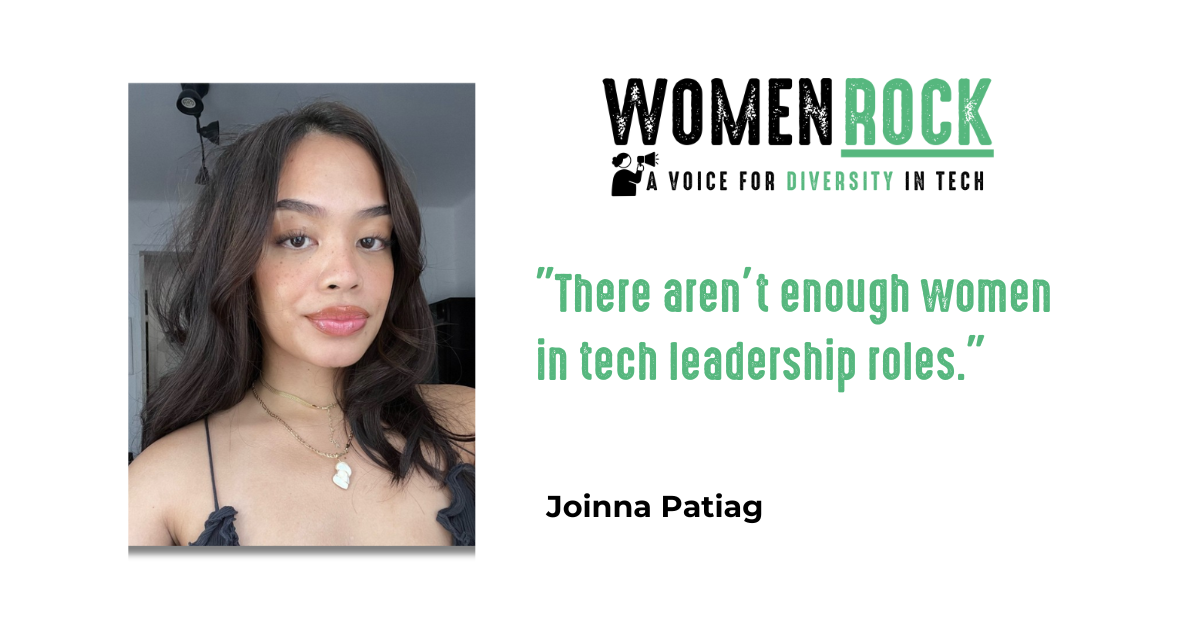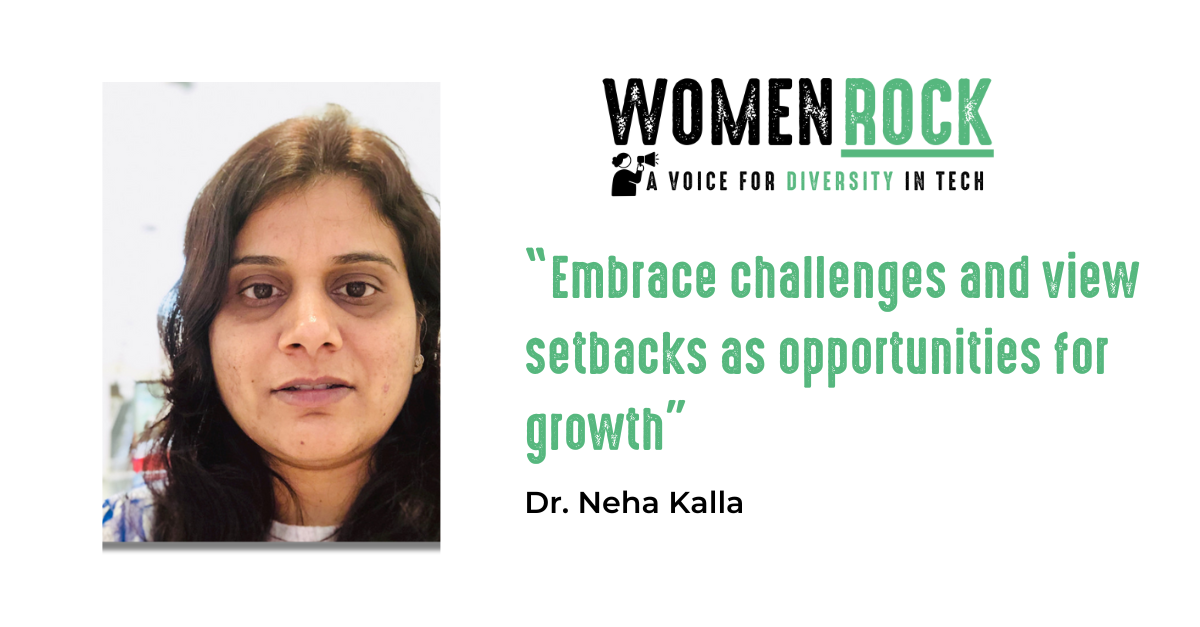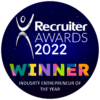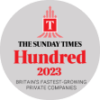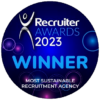
WHO WE ARE
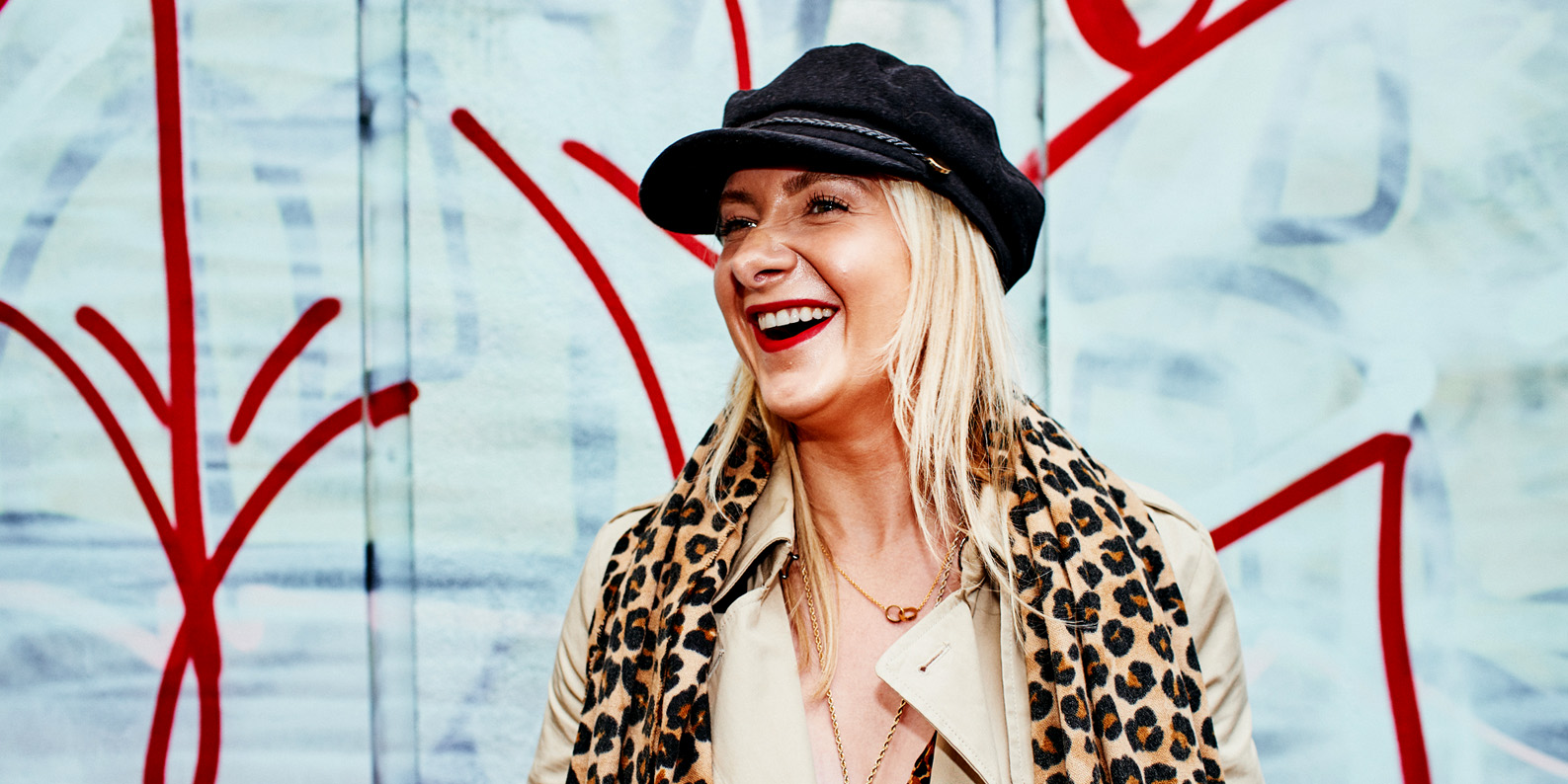
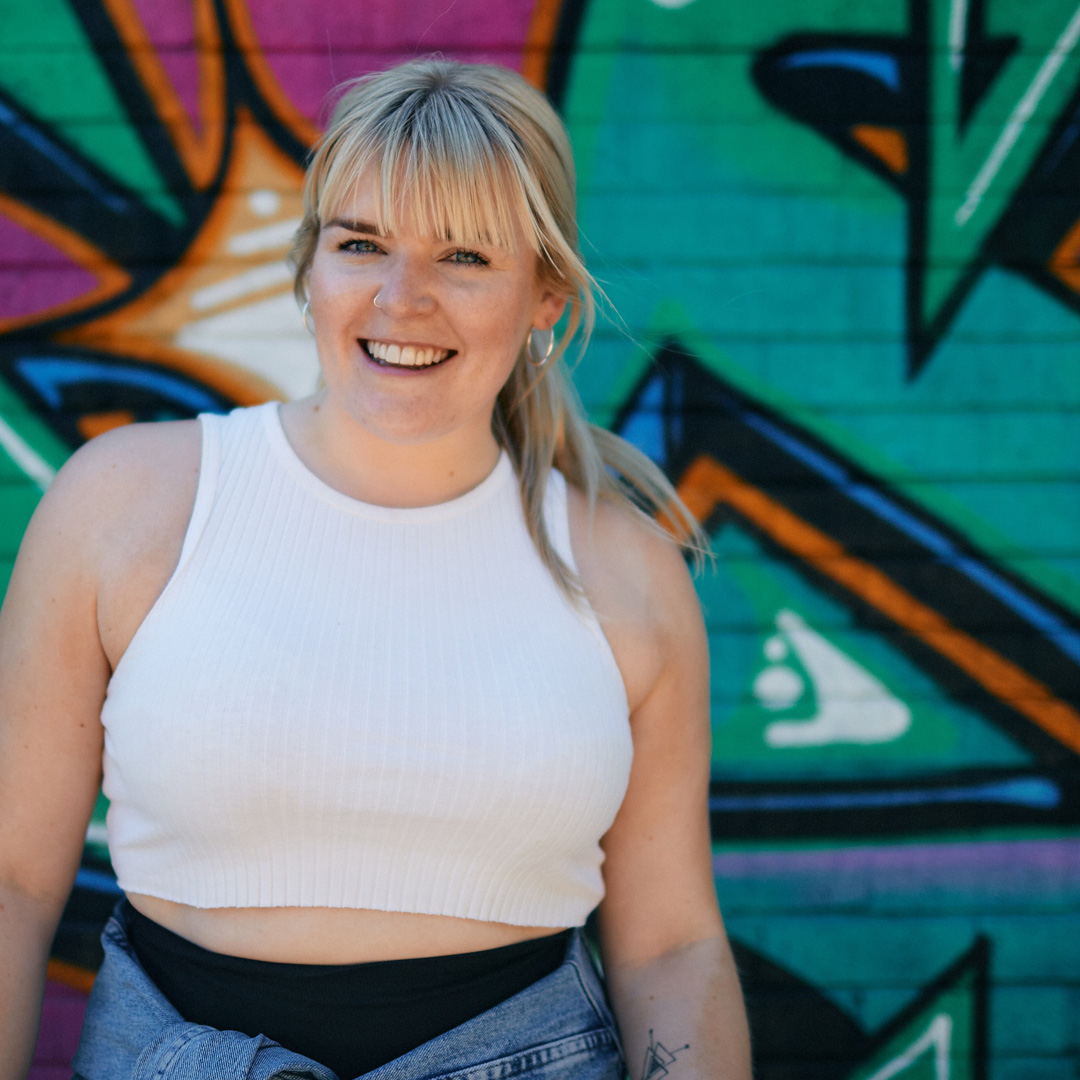
WHAT WE OFFER
We’re not just about stories; we’re about action.
From organising impactful events to bringing together brilliant minds, we create spaces where conversations about equity, diversity, and inclusion thrive. We’re proud to feature interviews with incredible women in tech who are breaking barriers, challenging norms, and inspiring the next generation.
But it doesn’t stop there—we’re also here to spotlight allies, amplify underrepresented voices, and share practical advice for companies and individuals who want to drive change. Everything we do is geared toward making the tech industry a place where everyone belongs.
WOMEN ROCK BLOGS…
A letter from Alicia
A letter from Alicia Heya all, Thanks for being here and welcome to Women Rock – a voice for diversity in tech! I’m Alicia, founder of Women Rock, co-founder...
The Tech Career Adventure with Lorna Mitchell
Lorna Mitchell went from blogging about code to influencing global open-source standards. Her story proves there’s no one path to success in tech. “The ladder is not a ladder at...
The Reality of Leadership in Tech with Angeley Mullins
“You can have it all, just not all at the same time.” In this episode of the Women Rock podcast, Esther Bareham sits down with Angeley Mullins, a global leader...
Eleana Sklaveniti I Apollo
“The reality is, if we don’t value ourselves appropriately, it becomes that much easier for others to undervalue us, too.” – Eleana Meet Eleana, a Data Engineering Manager at Apollo,...
Kimberley Shepherd I National Trust
“Be brave and say yes to things that feel uncomfortable.” Kimberley Shepherd didn’t follow the typical “tech path” and that’s exactly what makes her story so powerful. With a background...
Zoe Gill I CGI
“Trust your gut and believe in yourself, and do it. If it feels scary, it’s probably something that you’re going to gain so much more value from.” Zoe Gill, Vice...
Vasilena Kaludova I Accso
“Control The Controllables.” Meet Vasilena, a Software Engineer focusing on Project Management at Accso, where she combines her passion for tech, communication, and community. Originally from Bulgaria, she studied mathematics...
Emma Darcy l Denbigh High School
”Sometimes what feels like your biggest challenges and setbacks is actually your biggest opportunities” From a shy student with low confidence to an award-winning EdTech leader, Emma Darcy’s journey is...
Christine Curtius
When was the last time you did something for the first time? Christine Curtius is no stranger to breaking new ground. As the Co-Founder and former CEO of an EV charging...
Ying Liu l TG0
“Be proactive and utilise your network” Ying Liu is a Machine Learning Engineer with a Ph.D. in Physics and over four years of industry experience. She is currently the Head of...
Joinna Patiag l Rockpool Digital
“It’s our responsibility to do everything within our power to create a planet that provides a home not just for us, but for all life on Earth.” Meet Joinna… A Data...
Dr. Neha Kalla
Dr. Neha Kalla “Stay curious and keep learning.” Meet Neha, Senior Data Scientist. In this inspiring interview with Finlay, she shares her journey into data science, the hurdles she’s overcome...


